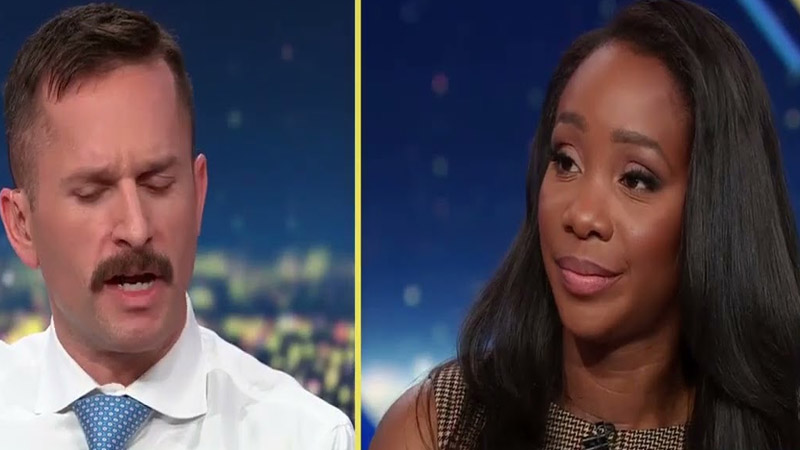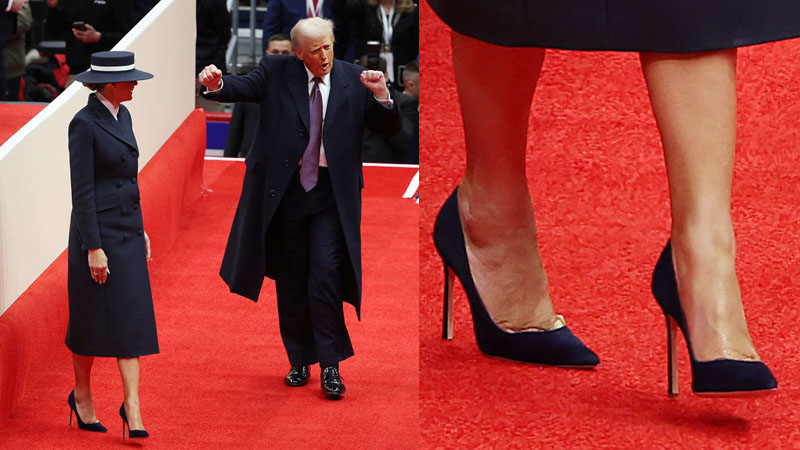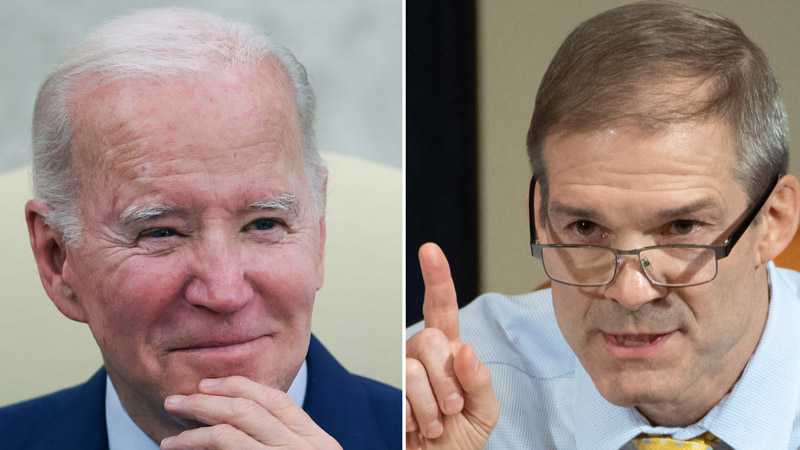Comedians ‘Pathetic’ Political Activists or Voice of the People? CNN Panel Divided

(Screengrab via CNN)
A spirited debate unfolded on CNN’s “Newsnight” Monday evening, where a panel discussed comedians’ reactions to America’s recent right-wing political shift. The conversation quickly turned heated, with Republican strategist Scott Jennings criticizing comedians for what he saw as blatant political activism, while culture writer Touré argued that comedians often reflect genuine public sentiment.
During the segment, host Abby Phillip played a montage of late-night comedians, including Jimmy Kimmel, Jon Stewart, and Seth Meyers, reacting to recent political developments. Kimmel, in particular, was emotional, describing the outcome as a “terrible night for women, for children, and for the hundreds of thousands of hard-working immigrants.” When Kimmel attempted to touch on topics like health care and climate, he appeared visibly choked up.
Stewart urged Democrats to “regroup” and “continue to fight,” while Meyers admitted the night felt “not particularly joyful.” After watching the montage, Jennings expressed his disappointment, claiming that comedians had overstepped their traditional role. “They stopped being comedians and they started becoming political activists,” he said. Specifically addressing Kimmel’s emotional response, Jennings remarked, “Jimmy Kimmel out here crying? I mean, it’s pathetic.”
He went on to criticize the direction late-night comedy seems to have taken, suggesting it’s become a “constant political screed against one party.” Jennings further argued that if these entertainers wanted to market themselves as comedians, they should focus on humor rather than political commentary. “I don’t know that this activism for four more years is sustainable if you’re going to market something as comedy but the actual product is nothing more than low-brow political activism,” he said.
However, Touré pushed back on Jennings’ stance, defending comedians as representatives of widespread public feelings. He pointed out that the issues comedians raise resonate with large segments of the American public. “It would actually be interesting if the Trump folks could make us feel like, ‘We’re not going to take away your rights,’” Touré suggested. He emphasized that while some may view these comedians’ statements as overtly political, many Americans actually agree with the sentiments they express.
An unconvinced Jennings questioned whether comedians should prioritize activism over humor. “Is that funny though? Is that their mission? To be activists and not comedians?” he asked. In response, Touré explained that serious comedians often blend humor with genuine “serious moments” where they connect with their audiences as fellow citizens. He argued that comedians can express things that average Americans might feel but cannot voice publicly.
Jennings, however, maintained his stance, arguing that comedians are selective in their satire and critiques, often sparing prominent Democrats from similar scrutiny. He claimed that President Joe Biden and Vice President Kamala Harris were largely “left alone” by these comedians, adding, “They didn’t get 10 percent of what they deserve.”
Touré quickly countered, pointing out that comedians have, in fact, criticized Biden for his age and occasional gaffes. Comparing Biden to past presidents, Touré said, “Comedians treated Biden like Gerald Ford, saying he’s too old and struggles to understand.”
Jennings dismissed this, arguing that Biden has received lenient treatment compared to former Republican leaders. “SNL never got Biden right until [Dana] Carvey came in, in the last couple of weeks,” he concluded, reflecting a broader sense of frustration with what he views as a one-sided approach to political satire in the comedy world.
The debate on CNN highlighted a deeper cultural divide about the role of comedians in shaping political discourse. While some believe comedians should stick to humor, others view them as important voices reflecting societal concerns. The conversation underscores an ongoing tension over whether the intersection of comedy and politics can coexist without compromising either entertainment or public engagement.


